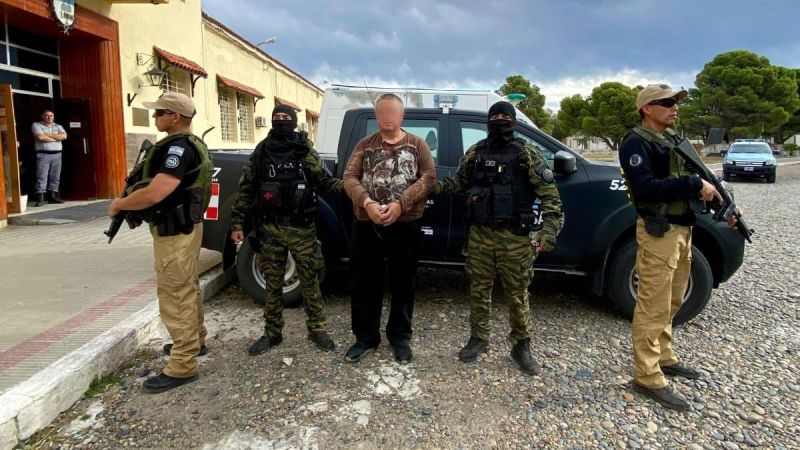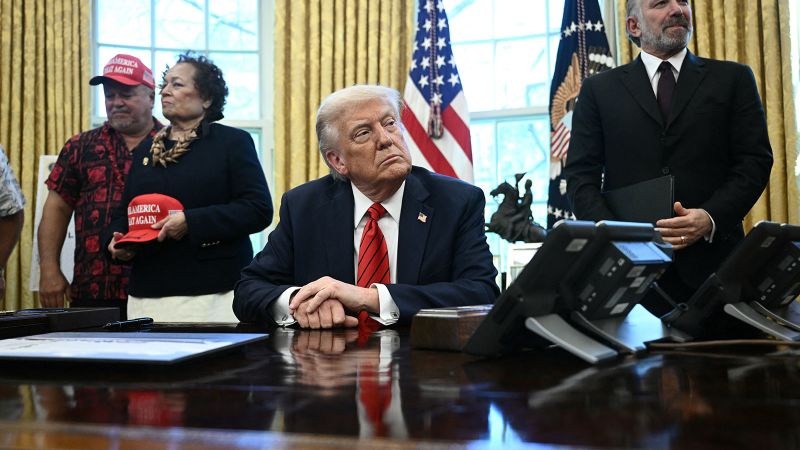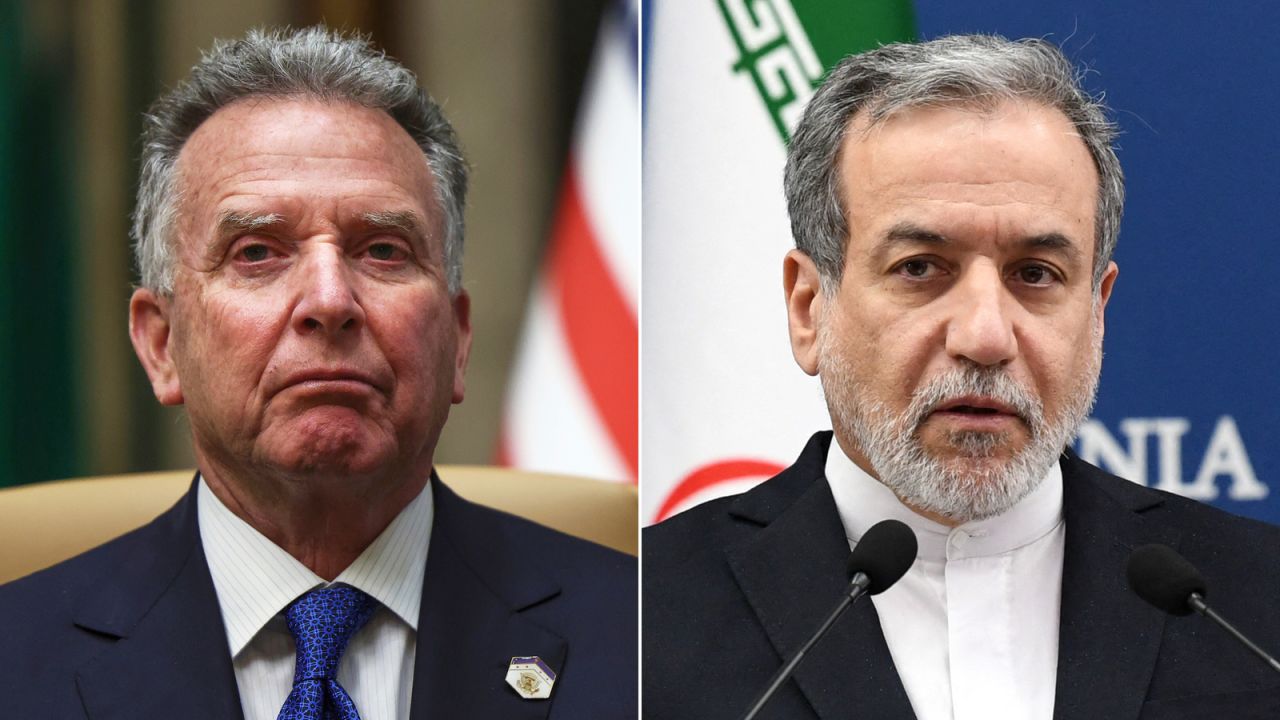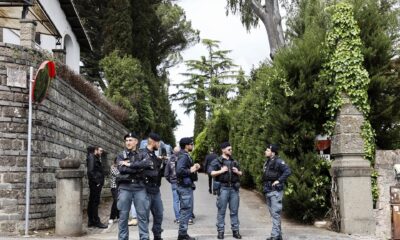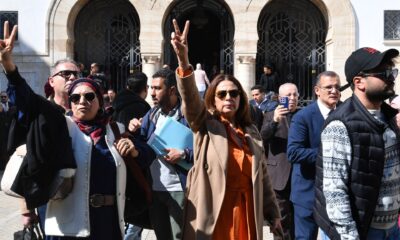CNN
—
Doctors in Argentina were already on high alert when a pregnant Russian woman showed up at the hospital on March 21 with two other women to give birth. Hospital staff in the Patagonian city of Bariloche had seen them before – four days earlier, they struggled to answer questions about where they lived and how they were related. The 22-year-old mother-to-be looked nervous and malnourished, and her companions didn’t let her speak, according to police reports and Argentina’s prosecutor.
The women accompanying her implored doctors to document the baby’s last name as Rudnev – the name of a notorious alleged cult leader operating in the country – whom they insisted was the father, according to a prosecutor’s report.
A week later, Argentine police located Konstantin Rudnev at one of the city’s airports and arrested him – part of a wave of arrests that day of over a dozen Russian nationals believed to be associated with his group. The two women accompanying the expectant mother to the hospital were also arrested in a raid of their shared home.
According to Argentina prosecutor Fernando Arrigo, the pregnant woman may have been a victim of Rudnev’s Ashram Shambala, an organization described by Russian authorities as a cult.
Neither Rudnev nor his associates have been charged with a crime yet in Argentina, where criminal probes start with arrest and investigation before formal allegations. Arrigo’s office says it is examining the possibility that the mother and her infant were coerced into a scheme for Rudnev to obtain Argentine citizenship by having a child born in the country.
His office is officially investigating 21 Russian nationals in the country who are accused of “being part of a criminal organization that, for the purposes of sex trafficking and slavery, recruited a 22-year-old woman brought from Russia.”
Asked about the investigation and the claim that Rudnev is a cult leader, his lawyers in Argentina declined to comment.

Mechanical engineering graduate-turned-religious leader, Rudnev founded the Ashram Shambala religious group in 1989. According to Russian state news agency RIA Novosti, he told followers that he was an “alien from Sirius,” a messiah sent to Earth to save people.
The sect once had a presence in 18 regions of Russia, including Moscow and St. Petersburg, and up to 30,000 members. Many of them cut off contact with their families and joined the group, where they worshipped their founder.
Rudnev spread his philosophy and recruited followers through yoga classes, Russian authorities investigating the case told RIA Novosti. His book “The Way of the Fool” ridiculed the idea of starting a family, the desire to have children, study, and work, and extolled blind submission to his wishes, RIA reported.
Russian authorities had previously tried to bring Rudnev to trial, but the cases never made it to court because his followers refused to testify. Those followers, according to Russian judicial sources, said they joined the sect voluntarily and had no intention of leaving, RIA Novosti reported at the time.
In 2013, a district court in Siberia sentenced Rudnev to 11 years in prison for rape, violent sexual acts, illegal drug trafficking, and for creating a religious group that violates the citizens’ rights, according to RIA.
As police arrested Rudnev and eight others at the Bariloche airport on March 28th, he tried unsuccessfully attempted to harm himself, the prosecutor’s report said.
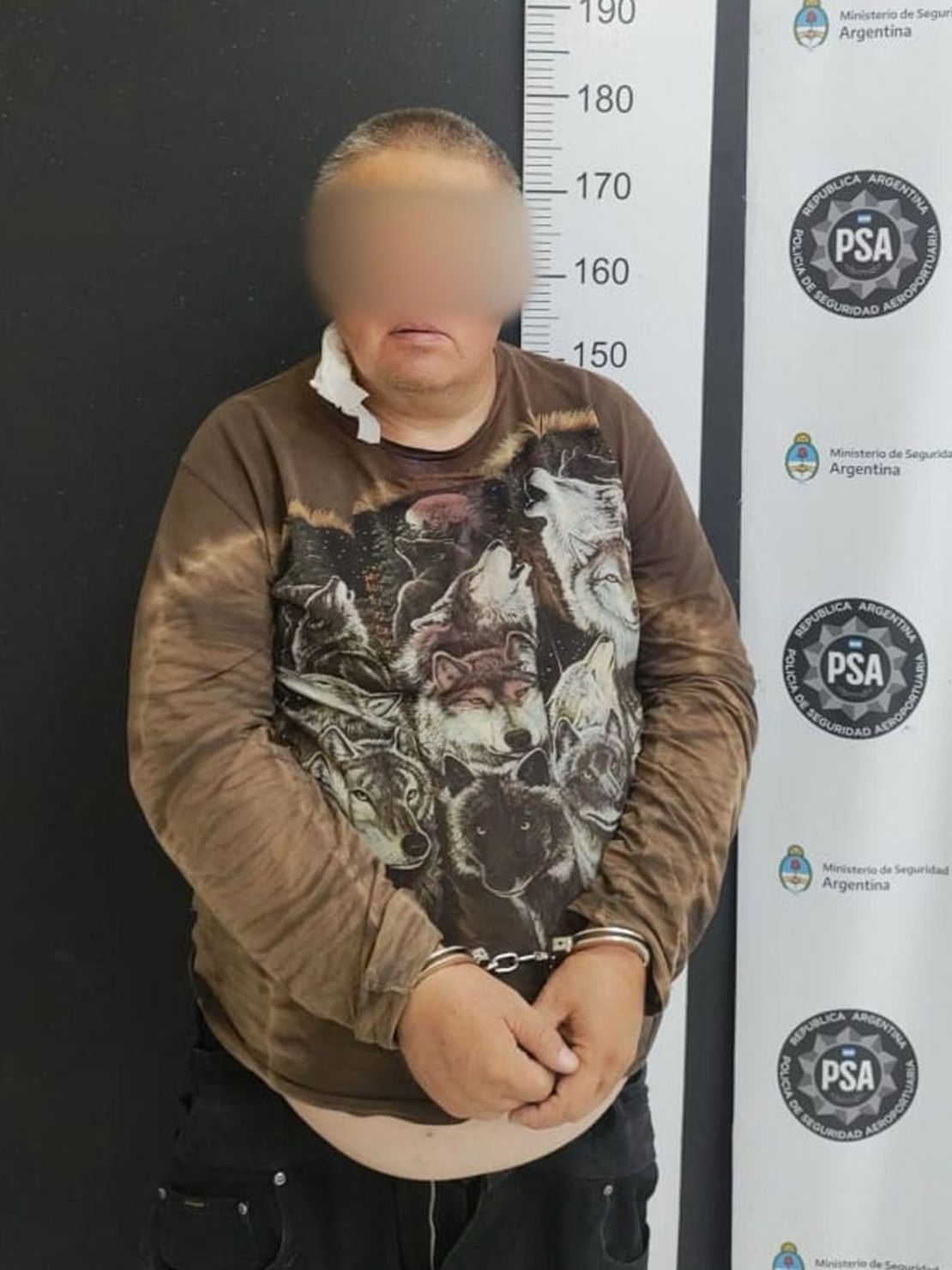
Investigators said all the women arrested along with Rudnev and one other man that day showed “signs of malnutrition” similar to those that put hospital staff in Bariloche on alert.
A search of their cell phones revealed “food rations and purchases of various products were authorized, and mandatory fasting was ordered as a form of punishment,” according to Arrigo.
Authorities also found on some of the travelers and their homes more than a hundred cocaine pills, a satellite phone, a dozen cell phones, nearly $1,000 worth of Argentine pesos and other currencies and two pickup trucks. Properties rented by the suspected Ashram Shambala members were all found to have blacked-out windows and mattresses on the floor, according to the prosecutor’s report.

